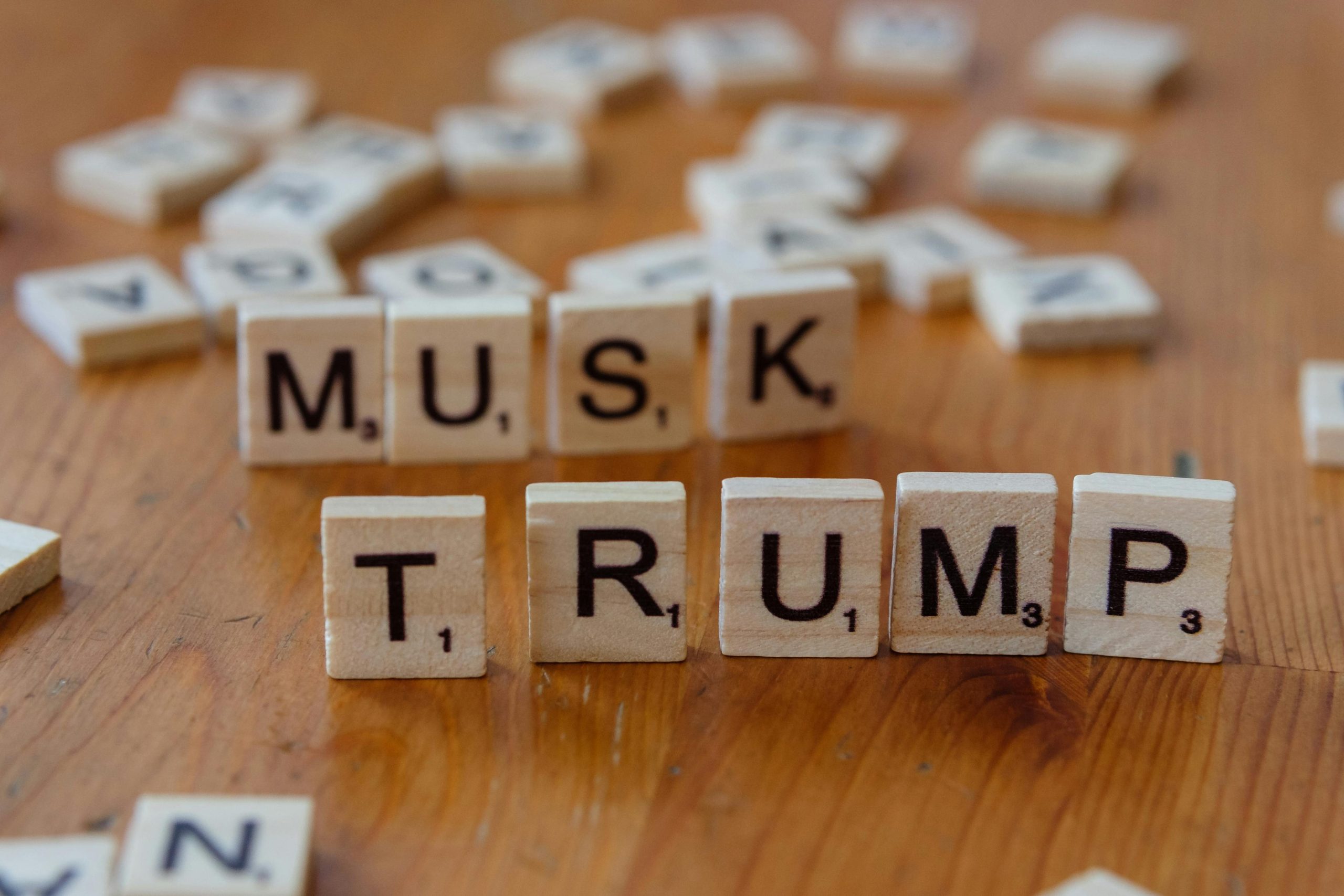Troubleshooting Azure OpenAI and NVIDIA NeMo Guardrails: Resolving Version Compatibility Errors
Troubleshooting Model Initialization Errors with Azure OpenAI and Nemo Guardrails
In recent experiences with integrating Azure OpenAI and the latest version of NVIDIA’s Nemo Guardrails, I encountered an issue that has raised some concerns for developers working with these tools. While everything functioned seamlessly with Nemo Guardrails version 0.11.0, the upgrade to version 0.14.0 resulted in a perplexing error during the model initialization process.
The Problem Unveiled
Upon updating to Nemo Guardrails 0.14.0, I noticed a critical error originating from the langchain_initializer.py file. The error traceback indicated a failure to initialize the model defined as ‘gpt-4o-mini’, using Azure as the provider in ‘chat’ mode. The specific error message highlighted that an essential validation element was missing: the OpenAI API key.
Here’s a closer look at the error message for context:
ModellnitializationError: Failed to initialize model 'gpt-40-mini' with provider 'azure' in 'chat' mode: ValueError encountered in initializer_init_text_completion_model(modes=['text', 'chat']) for model: gpt-4o-mini and provider: azure: 1 validation error for OpenAIChat Value error, Did not find openai_api_key, please add an environment variable OPENAI_API_KEY.
Debugging the Issue
In my attempt to understand the root of this problem, I extensively debugged the configuration to validate whether the model was being properly sourced from the config folder. Much to my relief, everything appeared to be in order. This begs the question: what has changed in the Nemo Guardrails 0.14.0 update that could have led to this discrepancy?
Unfortunately, a search through the documentation did not unveil any significant changes concerning the model configuration process. It seems that the requirement for the OpenAI API key as an environment variable or a direct parameter is either new or has become more stringent in this update.
Next Steps for Developers
For anyone facing similar challenges, there are a couple of immediate actions to consider:
-
Environment Variable: Ensure that the
OPENAI_API_KEYis set as an environment variable in your development environment. This is crucial for the model initialization to proceed without errors. -
Documentation Review: Continue to stay updated by reviewing the official Nemo Guardrails documentation for any upcoming changes relating to configuration requirements and look for any














Post Comment